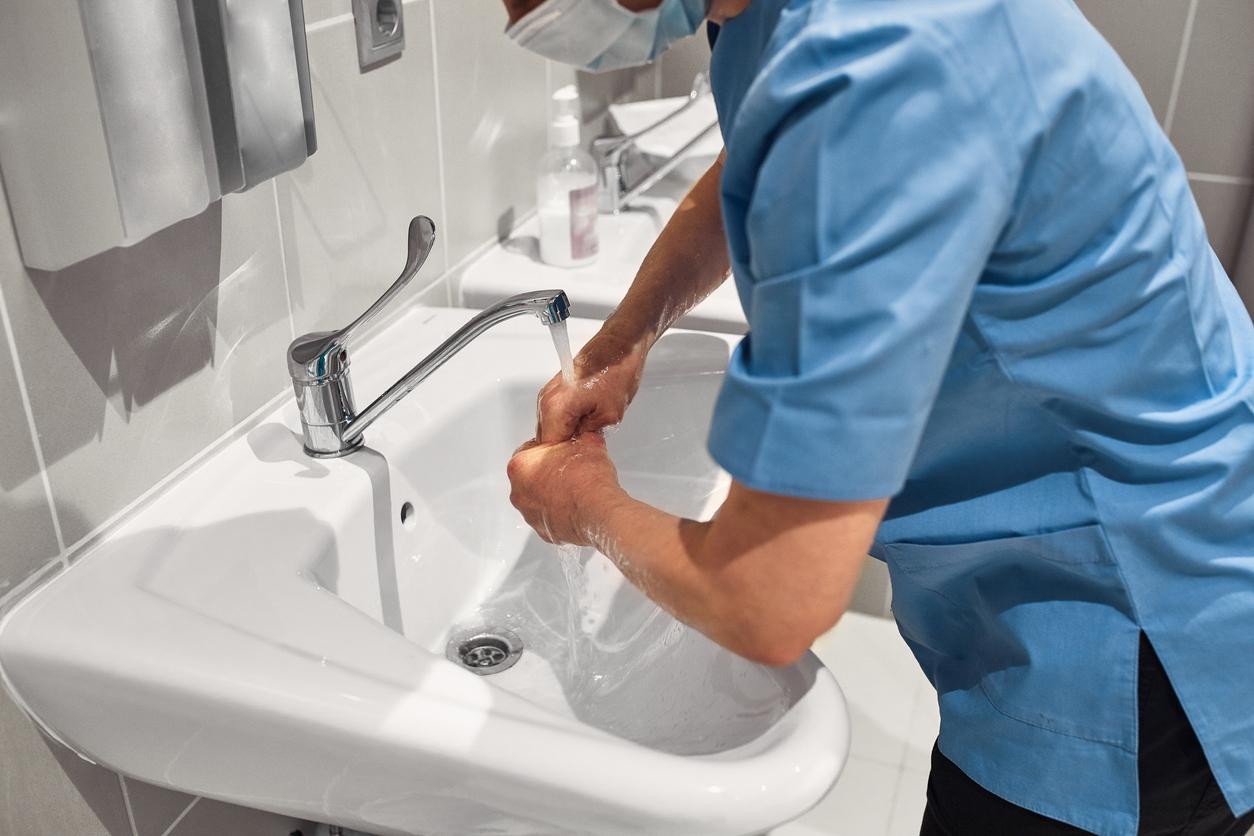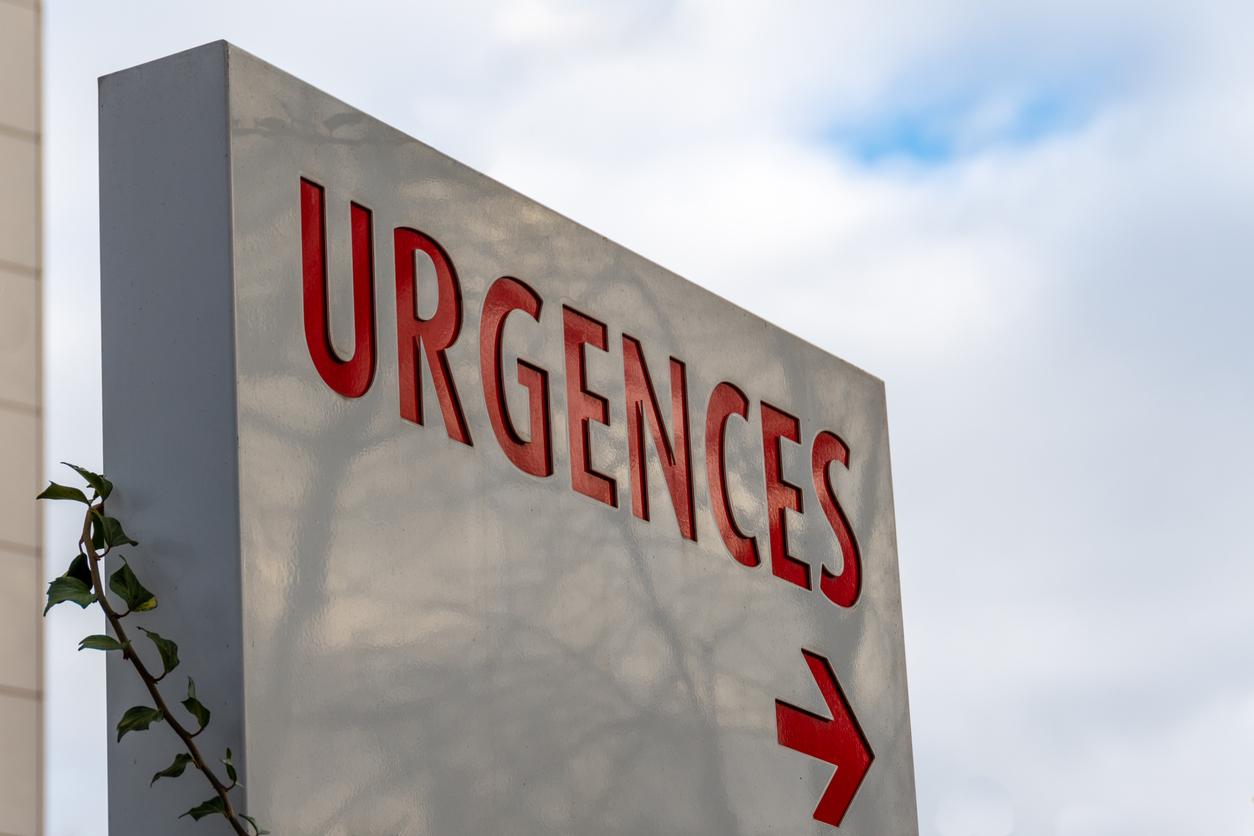
A clinic is slightly more personal than the hospital
You need a new knee or hip, or are ready for cataract surgery. For such an operation you can go to a hospital or to an independent clinic. What is the difference, how do you find a good clinic and why are patients often so satisfied with clinics?
The waiting times are shorter, the results of a photo or scan come quickly and there is all the time and attention you want. You can often go directly to other practitioners. And not unimportant: the care is good.
The advantages of independent clinics mean that many Dutch people find their way to such a clinic. One in seven patients who require specialist medical care goes to a clinic. Dermatology and ophthalmology are at the top. More than a fifth of patients with a skin condition have it treated in a clinic. Eye disorders affect more than a quarter of the patients.
Clinics can work in a targeted and efficient way. This saves time and bureaucracy. While hospitals have almost all care in their package, three quarters of the clinics have only one specialism in-house. This applies, for example, to the Eyescan clinic, which specializes in eye care, and to Xpert Clinics, where you can go for hand and wrist care.
What also helps is that clinics only provide relatively simple care that can be planned well. As a result, there is very seldom something unexpected ‘in between’ that can disrupt the planning. In addition, clinics are not allowed to provide care that requires a medium or intensive care unit, because they do not have one. In the unlikely event that something seriously goes wrong, they have a hotline with the hospital to transfer their patients to.
It is therefore perhaps not surprising that a clinic, compared to a hospital, can keep waiting times shorter, send patients internally faster, and give the results of a photo or scan more quickly. On the other hand, if there is something wrong with your eye, your heart and your knee, in many cases you should go to three different clinics. Then being helped in one hospital might be more convenient.
How good is the care in clinics? Is the quality better if you can concentrate on one specialism? Florien Kruse did PhD research on it at Radboudumc. “We hardly see any difference in quality between hospitals and clinics,” she notes. ”You cannot therefore say that clinics perform better. It is true that clinics that carry out a lot of treatments have better quality of care than that of clinics that do little. What is also striking is that there are large qualitative differences within the hospital sector, and also between the clinics.” In other words, there are both hospitals and clinics that perform better and those that perform worse.
Does it matter whether you are treated in a small clinic or at a large chain? Florien Kruse: “We expected that clinics that are part of a chain would perform better than small clinics, because larger organizations have more options to pool knowledge and train their staff. But our data did not show that.”
As a patient, you naturally want to know what the situation is at the clinics and hospitals in the area. Where do you get the best care? Kruse: ”Really comparing with each other is difficult, because insufficient data is available.” There are comparison websites and studies that nevertheless give an impression, such as ZorgkaartNederland (from the Dutch Patients Federation) and the annual hospital test (from EW Magazine). In the latter test, both hospitals and clinics scored best in 2021.
You can also check whether the clinic is a member of the trade association. Independent Clinics in the Netherlands only grant the ZKN quality mark to clinics that meet their quality requirements (see zkn.nl/zkn-keur). The quality mark means, for example, that medical specialists always work in the clinic, and that two independent organizations inspect the clinic annually to see whether it still meets the requirements. This includes the quality of the medical staff, intake, treatment and aftercare, and the safety of the equipment. Of the independent clinics that provide insured care, 70 percent have the ZKN quality mark. These are 136 clinics with 402 branches.
Clinics are a good option for the individual patient, says spokesperson Thom Meens of Patient Federation Netherlands, but at the same time complex care in hospitals must continue to exist – in the interest of all of us. Thom Meens: ”It is beneficial for patients that they can receive good and rapid care in clinics for conditions that are not complex, for which no aftercare is required, and which do not end up in intensive care. For example for knee and cataract operations. That is why health insurers purchase this care from clinics. But the same health insurers also have a responsibility to keep regionally well-equipped hospitals up and running. Health insurers therefore also purchase this type of simple care from hospitals, so that hospitals can finance complex care, the Emergency Department and the IC department. Such facilities must be maintained in order to provide patients with appropriate and necessary care.”
Health insurers usually pay clinics less for treatment than a hospital. This is because the cost at clinics is estimated to be lower. Researcher Florien Kruse: ”In theory, clinics could treat at lower costs than hospitals. Clinics have little overhead compared to hospitals; think of smaller buildings, a less complex administrative system, and fewer support staff such as porters and security guards. That saves a lot. And because the clinics focus on one condition, they can streamline their processes.” The price of treatments between clinics also differs.
For example, medical specialists who own a clinic would charge lower costs than a large clinic chain such as Bergman Clinics, which has been owned by the Swedish-German investor Triton since 2021 and has 140 clinics in the Netherlands, Sweden, Norway, Denmark and Germany. Bergman Clinics is ‘only slightly cheaper than the hospitals’, writes the Netherlands Authority for Consumers and Markets (ACM) in a decision in which the ACM prohibits the merger of Bergman Clinics with another clinic. According to the ACM, health insurers are unable to ‘lower the rates to a level that they consider appropriate, given their estimate of costs appropriate to this type of care profile.’ In other words: Bergman Clinics ultimately determines the – too high – price. And the health insurers have to accept that. The market power of this international chain appears to be so great that the chain can enforce higher rates from health insurers than other clinics, because health insurers have insufficient choice.
And what does the patient think of the care provided by clinics compared to that of hospitals? Researcher Florien Kruse has noticed that – with the same medical quality – patients are more satisfied with the clinic than with the hospital. “That is probably due to the ambiance and the personal service in the clinics.” The importance of this should not be underestimated, thinks Thom Meens of the Patient Federation Netherlands. “It is precisely a human, personal approach that can ensure that patients do not continue to suffer from complaints for too long because they are too afraid to go to a hospital. If, thanks to that reputation, clinics can lower the threshold to seek medical help, then that is a gain anyway.” Because those who continue to muddle through for too long often develop more serious complaints on their own. And nobody benefits from that.
This is an article previously published in Plus Magazine September 2022. Want to subscribe to the magazine? You can do that in an instant.
Sources):
- Plus Magazine
















